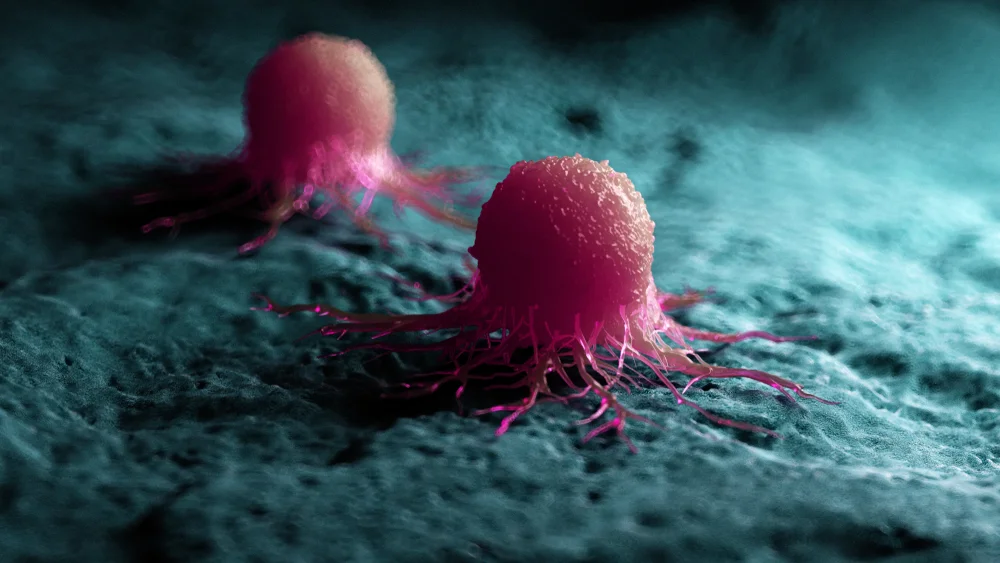Revolution in Cell Therapy with Nano-Computing Agents

In the realm of nanotechnology, nanomaterials have emerged as a game-changing component with immense potential for various fields. Now, a groundbreaking discovery by researchers at Penn State integrates nanomaterials into protein-based nano-computing agents, solving critical challenges in cell-based therapies.
Conventional approaches in synthetic biology for cell-based therapies rely heavily on time-consuming and energy-intensive protein expression or suppression. This limitation prompted the team from Penn State College of Medicine and Huck Institutes of the Life Sciences to take a novel approach to address these challenges.
By engineering proteins that directly produce the desired action, bypassing the need for protein expression and degradation, the researchers leverage the unique properties of nanomaterials. This integration enhances the functionality of their nano-computing agents, enabling efficient and targeted treatments.
In their recent study published in Science Advances, the researchers detail their innovative approach to creating the nano-computing agent. They incorporate two sensor domains into a target protein, allowing it to respond to light and the drug rapamycin. Nanomaterials, nano-tech, and nano-particles facilitate precise control and modulation of the protein's orientation in space.
To assess the effectiveness of their design, the team introduces the engineered protein embedded with nanomaterials into live cells in culture. Remarkably, they observe significant changes in cellular orientation upon subjecting the cells to the respective stimuli.
The researchers achieve a notable advancement by obtaining two possible outputs depending on the order of the inputs, surpassing the previous requirement of two inputs to produce one output. This breakthrough paves the way for developing more complex nano-computing agents capable of generating diverse outputs.
Through the integration of nanomaterials into these enhanced nano-computing agents, a wide range of outcomes can be achieved by embedding multiple inputs. These inputs may encompass physical or chemical stimuli, while the outputs could involve changes in cellular behaviors such as cell direction, migration, gene expression modifications, and immune cell cytotoxicity against cancer cells.
The team at Penn State plans to refine and expand the capabilities of these nanomaterial-enhanced nano-computing agents, exploring their potential applications in various areas of nanomedicine. This groundbreaking concept, combining nanomaterials and protein-based agents, holds the promise of revolutionizing next-generation cell-based therapies for autoimmune diseases, viral infections, diabetes, nerve injuries, and cancer.
The integration of nanomaterials into cell-based therapies offers significant commercial opportunities and is expected to drive substantial market growth. These therapies enable precise and targeted treatments for a wide range of medical conditions, including autoimmune diseases, viral infections, diabetes, nerve injuries, and cancer.
The market size will depend on regulatory approvals, technological advancements, and successful clinical trials. Pharmaceutical companies, biotechnology firms, and healthcare providers are recognizing the potential of this groundbreaking technology and are poised to invest in its development and commercialization.
Additionally, nanomaterials have applications beyond healthcare in areas such as electronics, energy, and environmental remediation, further expanding the market potential. The integration of nanomaterials into cell-based therapies represents a transformative innovation with significant commercial and societal implications.
The integration of nanomaterials into cell-based therapies has the potential to transform the field of Healthtech, enabling more efficient and targeted treatments that significantly improve patient outcomes.
Yashavantha Vishweshwaraiah, Richard Mailman, and Erdem Tabdanov from Penn State College of Medicine contribute to this groundbreaking research. Their findings represent a significant leap forward in the development of advanced cell-based therapies, showcasing the potential of nanomaterial-enhanced protein-based nano-computing agents in revolutionizing medical treatments and improving patient outcomes.





